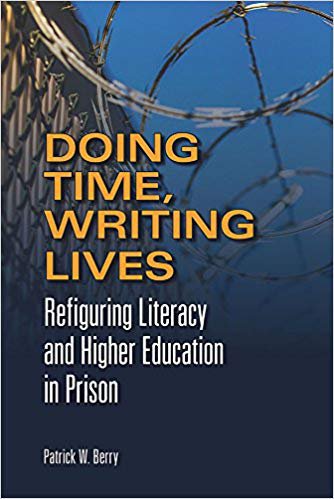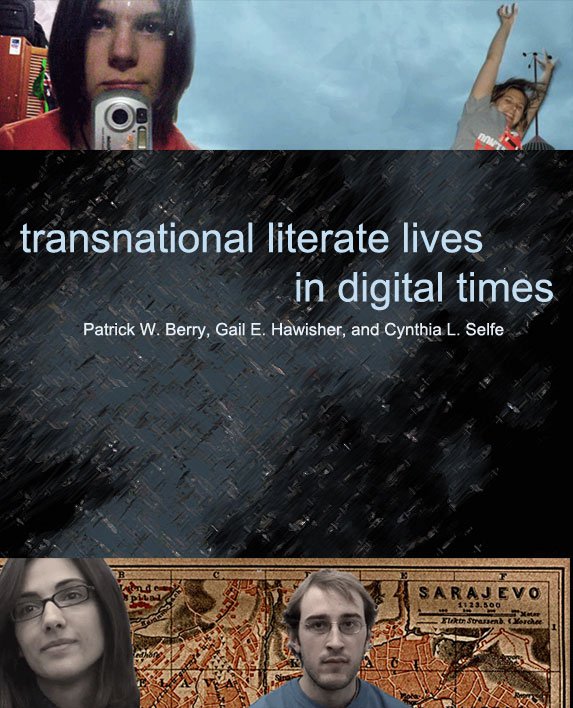
Patrick W. Berry
DEPARTMENTS
- Writing Studies, Rhetoric, and Composition
AFFILIATIONS
- Women's and Gender Studies
- Digital Humanities [ILM]
- Health Humanities [ILM]
Associate Professor, Writing and Rhetoric
CONTACT
-
205 HB Crouse Hall
Email: pwberry@syr.eduOffice:
CV
Entries in the areas listed below (other than biography and books) are selections delimited to the last five years. Consult the faculty member’s biography, listed website(s) or CV for additional information.


